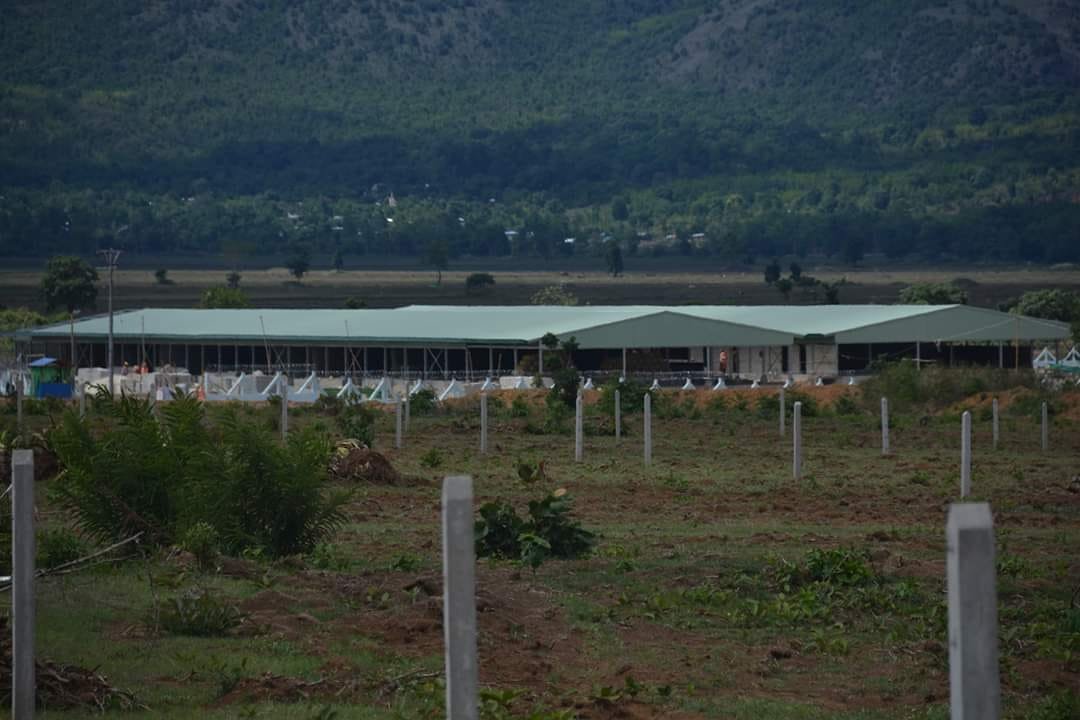By KARENNI THU / KANTARAWADDY TIMES
A new pig farm being built in Karenni (Kayah) State’s Demoso Township with investment from a French company has some residents of the area worried about its potential impact on the environment, and on local pig species.
Pigs started arriving at the farm, which is located near Dawkalo Khu, a village in Demoso’s Ngwe Tawng village-tract, on August 27.
“Four or five big trucks arrived here a day after the first few pigs were flown in,” said Hpae Bu, local resident.
The farm will be operated by De Heus Myanmar, Ltd., which has invested a total of more than US$30 million in the farm and in livestock-feed plants in Yangon and Mandalay.
“This project will be the largest pig farm in Southeast Asia,” Daw May Myo Zaw, the director of Karenni State’s Directorate of Investment and Company Administration, told the Kantarawaddy Times.
The first phase of the project, which is budgeted to cost $2.5 million, will start with 150 female and 21 male pigs.
“Our objectives are to produce purebred pig offspring in Burma and to distribute knowledge about livestock,” said De Heus Myanmar, Ltd. project manager Daw Thwe Thwe Hnin Aung.
Meanwhile, however, some local groups have expressed concern about the farm’s impact on local pig breeds that have long been used to make traditional Karenni food.
“I think local pigs are likely to disappear. This foreign pig farm will impact on the local Kayan Kayah sausage business,” said Ko Kyaw Htin Aung, a committee member of Lobbyists, Advocators, Innovators and Negotiators (LAIN), a Loikaw-based civil society organization (CSO).
Ko Kyaw Htin Aung said he will monitor how the company distributes pigs in the market.
“Currently, pigs come to market through the border area. We will follow the current price. We won’t make the price any higher than it is now,” Daw Thwe Thwe Hnin Aung told the Kantarawaddy Times.
According to Daw Thwe Thwe Hnin Aung, the farm will use modern technology and water will be used efficiently.
“If water sources begin to become depleted, we may need to ask for an EIA [environmental impact assessment] report because the farm is not far from Htee Pwin Lake, which is famous in Kayah State. The company has yet to publish EAI and SIA [social impact assessment] reports,” said Ko Kyaw Htin Aung.
Local CSOs say the project lacks transparency because construction was already half finished before the company explained what they were doing to local people. They vowed to monitor the farm closely.
According to project manager Daw Thwe Thwe Hnin Aung, the company is likely to start selling purebred pig offspring in July of next year.
The project is operating under a 50-year contract, which can be extended twice, for 10 years each time, once it expires.




